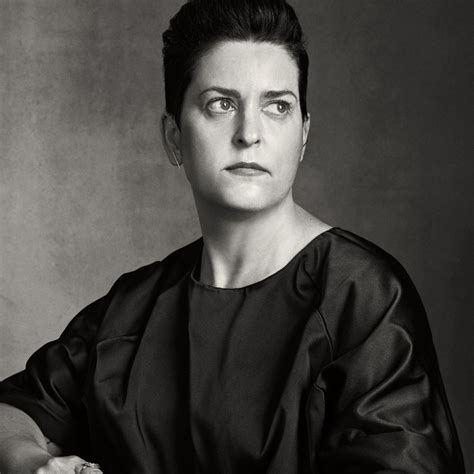A Quote by Edward de Bono
I think there is a danger with young people of being dependent in the sense that they don't acquire any identity or self-image of themselves as thinkers.
Related Quotes
Think about what people are doing on Facebook today. They're keeping up with their friends and family, but they're also building an image and identity for themselves, which in a sense is their brand. They're connecting with the audience that they want to connect to. It's almost a disadvantage if you're not on it now.
I think that what's happening today, with all the young poets rushing from one college to another, lecturing at the drop of a hat and so on, is not too good; I think it might have a bad effect on a great many of the young poets. They - to quote Mark Twain - "swap juices" a little too much, so that they are in danger of losing their own identity and don't give themselves time enough in which to work out what's really of importance to them - they're too busy.
More platform-sensitive generations will make distinctions between online and in-person intimacy, whereas fourteen-year-olds have very nuanced online selves and might embody their virtual identity in the physical, analogue version of themselves. They have a much more pluralistic understanding of the self. I don't think we'd be here now in this amazing sexual and gender revolution without the online space where young people can see and share other versions of identity and sexuality.
Isn't it human beings who impart vitality to the image in the temple? If no one sculpts the stone, it doesn't become an image. If no one installs it in the temple, it does not acquire any sanctity. If no worship is done, it does not acquire any power. Without human effort there cannot be any temples. What is wrong then in saying that we should view great masters as equal to God? Temples installed by such spiritual masters have a special energy of their own.
There was a time when intellectual meant someone who uses reason and intellect. Today, people who call themselves intellectuals are in a form of mental death spiral: they search for, and find, those index cards that support their world view, and clutch little red books like rosaries in the face of all external evidence. They are ruled by appeals to authority. Their self-image and sense of emotional well-being trumps any and all objective evidence to the contrary.
I think that it's hard for vain people to be funny. I think you can look any way you want as long as you have a good sense of humor about yourself. People who are concerned with their looks and what they're wearing and how they present themselves tend to have less of a sense of humor about themselves.





































